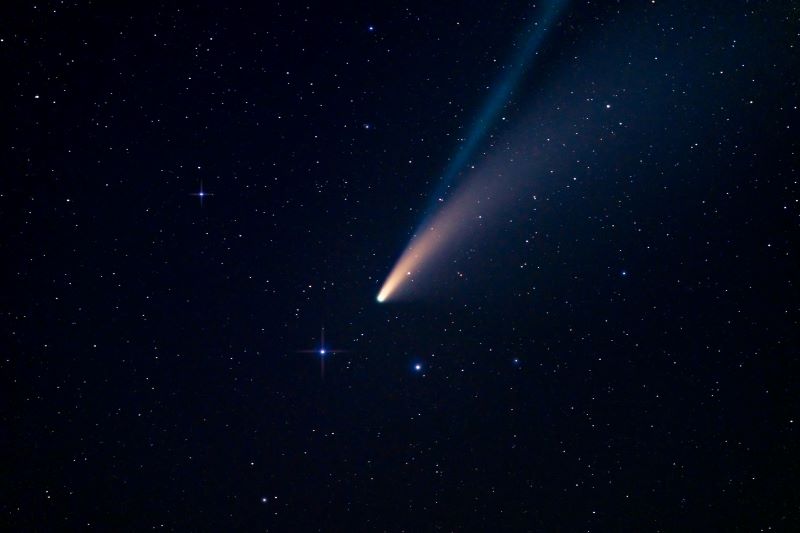On February 10, the Intelligence Advanced Research Projects Activity (IARPA) posted a request for information regarding innovative approaches to detect and track currently undetectable orbital space debris. Responses are due by 5:00 p.m. Eastern on March 11.
IARPA seeks to understand the interaction of orbital debris with the surrounding space environment, and whether the resulting phenomena can be used for the detection, mapping, and tracking of currently nontrackable orbital space debris. The detection of nontrackable orbital debris would support the safe operation of our valuable government and commercial space assets.
Current ground-based capabilities will not meet the challenge of tracking debris less than 10 cm in size. Hereby, IARPA invites white papers describing promising approaches for the detection and tracking of orbital debris in the size range from 0.1 cm to 10 cm, traveling in any orbital plane around planet Earth. For IARPA to evaluate the promise of potential new approaches, it is necessary to consider the following:
- Existing or newly proposed technology for ground, air, and/or space sensors
- Sensor types including but not limited to optical sensors, radar, lidar, ionosondes, Langmuir probes, solar sails, GNSS, and RF sensors
- Pertinent physical phenomena including but not limited to plasma density solitary waves (solitons), electrostatic discharge, orbital decay, magnetic field perturbations, and/or radio wave emissions produced as the orbital debris interacts with the surrounding plasma environment
- Specialized sensor collection modes including but not limited to interferometry, polarimetry, occultation, scintillation, compressed sensing, and/or coincident collection with ground/air/space sensors
- Probabilistic detection techniques for low signal to noise objects
- Capabilities that improve the resolution and cadence of data assimilation systems, providing for a more accurate characterization of ionospheric plasma at a desired observation time
An IARPA virtual invitation-only workshop is planned for Spring of 2022 with the purpose of reviewing and discussing current and future research relevant to this RFI. Information discussed at this workshop may assist in the formulation of possible future areas of USG research with the objective of orbital debris detection. Capacity for the workshop is limited, and attendance will be by invitation only. White papers should also provide a rough estimate of achievable performance and indicate specific issues to be addressed, such as those listed earlier.
Review the full IARPA orbital debris RFI.
Source: SAM
The right opportunity can be worth millions. Don’t miss out on the latest IC-focused RFI, BAA, industry day, and RFP information – subscribe to IC News today.









